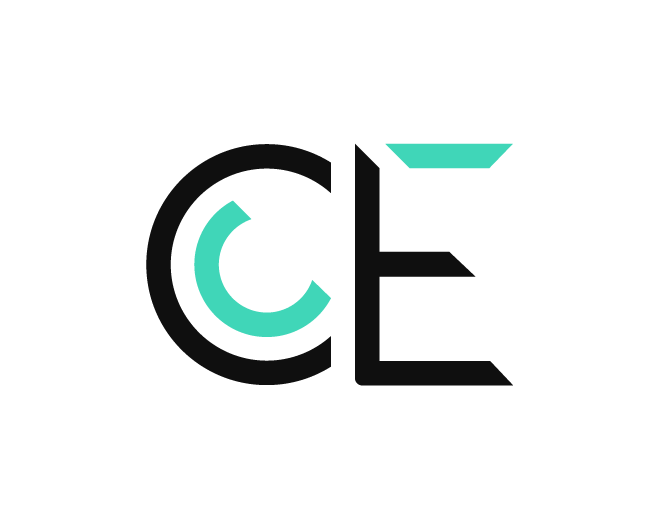Jeremiah McWilliams, Atlanta Journal-Constitution
Feb 12, 2010At first glance, it doesn’t sound like much: A tax of one cent per ounce on sodas in New York. But the line item in New York Governor David Paterson’s budget reverberates from Albany, N.Y., to Washington, D.C., and down to Atlanta. Ripples could be felt across the country. Paterson wants to slap a new tax on sodas to raise $1 billion per year and help plug an $8 billion budget deficit. In addition, backers say, the levy would help reduce obesity. Even with relatively low chance of passing, the tax has the beverage industry girding for a showdown. The Washington-based American Beverage Association, which represents Coca-Cola, PepsiCo and Dr Pepper Snapple Group, called the tax a “money grab, pure and simple.” Bottling plant employees have protested in front of TV cameras. Beverage companies have used stern language warning legislators of lost jobs and squeezed grocery budgets. Yet that does little to relieve New York’s budget problem. Insiders say the proposal has made more headway than a proposed 18-percent retail surcharge that was killed last year in New York. “We’re facing extraordinary fiscal difficulties,” said Matt Anderson, New York’s Division of the Budget spokesman. “At a time when we’re facing a historic fiscal crisis as well as a health crisis, we think this is a proposal that should garner support. It’s going to be hard to walk away from this kind of smart public policy.”
Paterson’s budget estimates the tax would raise $450 million for health care programs in 2010 and $1 billion in subsequent years. States have a cumulative budget shortfall of $350 billion, the worst since the Great Depression, said Sujit CanagaRetna, senior fiscal analyst at The Council of State Governments. Every state except Vermont is constitutionally required to balance its budget. As tax revenues have fallen, states face intense pressure to find new sources of cash. “You really have no way out,” said CanagaRetna. “You’ve got to come up with the money.” The soda industry worries, and anti-soda groups hope, a New York tax could encourage other states to follow suit. Proposals to tax sodas more heavily have been floated in Massachusetts and Mississippi. “Just talking about a steep soft drink tax could embolden other states or cities to levy a tax,” said Michael Jacobson, Center for Science in the Public Interest executive. New York is a high-profile market. It accounts for about 4 percent of sales of full-calorie sodas in the U.S. With soda sales already shrinking in North America, beverage companies squawk at taxes that could reduce volume and profits even in a single state.
Bill Pecoriello of Consumer Edge Research estimated the tax could reduce drinks sales by 5 to 6 percent, while Jacobson estimated the drop could be as much as 10 percent. The beverage industry argues that a tax on sugary soft drinks would hit lower-income people disproportionately harder than wealthy consumers. If levied at the cash register, the tax could increase the price of a 12-pack in New York by $1.44 and that of a two-liter bottle by 67 cents, according to Beverage Digest. “We, as a company and as an industry, are really committed to making sure that lawmakers and regulators understand just how unwise that approach is,” said John Brock, chief executive of bottler Coca-Cola Enterprises. “We don’t spend a lot of time thinking about what if, because we’re confident that sane minds will prevail and it won’t be put into place.” Soda companies aren’t relaxing completely.
Support for a sugared soft drink tax is increasing nationally and in New York, according to a recent survey of 2,600 people by Consumer Edge Research. Support is noticeably higher in New York than in the U.S. at large, according to the research firm. In January, nearly 36 percent of New York state residents supported a tax, compared to 27.3 percent across the country. Fewer residents of the Empire State were strongly or somewhat opposed to the tax, 44 percent for New York compared to 49 percent nationally. It’s still unlikely the New York tax will be passed into law, said John Sicher, Beverage Digest editor and publisher. “[But]the industry needs to be very vigilant and take this very seriously. Governments are desperate for money.”

